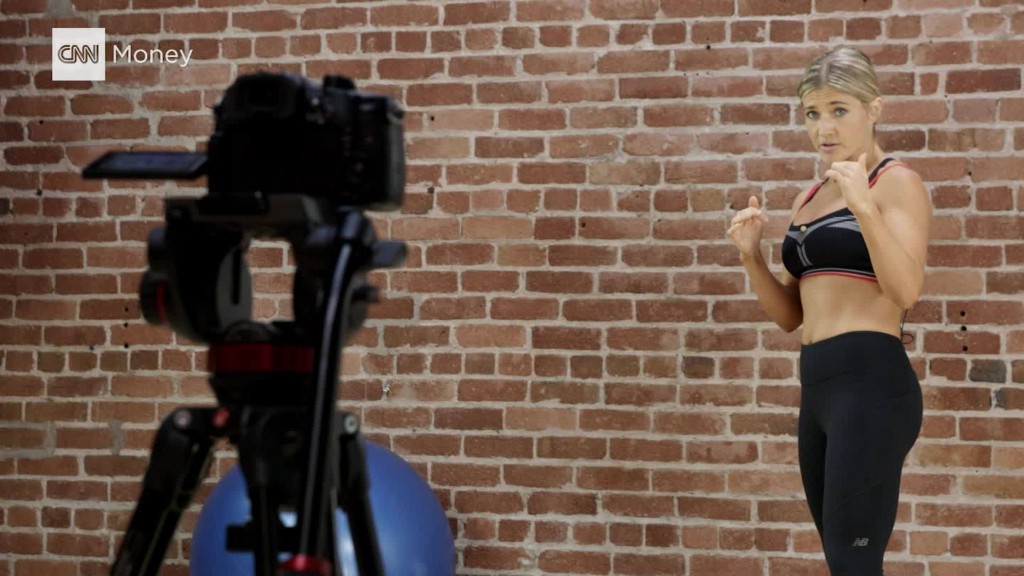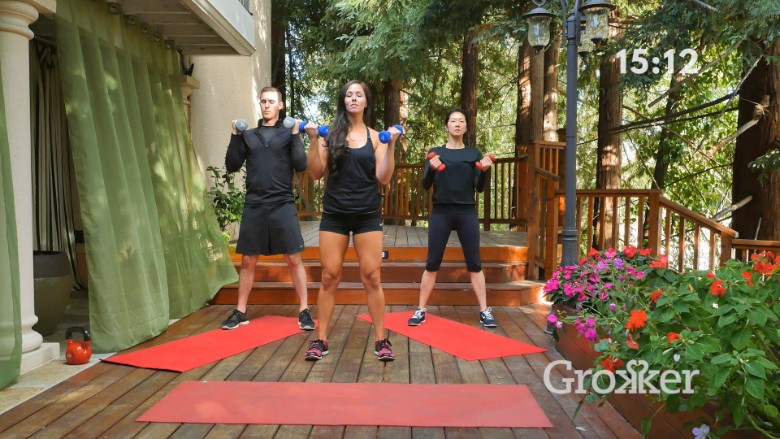
I was the heavy favorite.
Heavy as in odds-on, and heavy as in overweight.
A colleague and I bet each other a thousand bucks to see who could shed the most weight in the 17 weeks leading up to Thanksgiving. To keep ourselves honest, we each wrote out a check and handed them over to a trusted third party. One was destined to be cashed; the other, destroyed.
I figured I had the advantage of youth, while my opponent had already had his metabolism wrecked by middle age.
I started out strong, counting calories with MyFitnessPal and hitting Planet Fitness four times a week. In a month, I was down 15 pounds.
And then I was sent on the road.
(If you're a frequent business traveler, you know where this is going.)
My itinerary had a number of stops. It was a week of waking up too early, spending the better part of the day on a video shoot, and then anxiously rushing to the airport for a departing flight, a new city, and an IPA at the hotel bar.
Not only was it logistically difficult to find healthy meals on the go, but the stress of the day had me longing for comfort food. Room service meant a treat that I had earned, damn it.
Each hotel had a fitness center, of course, and I had optimistically packed work out clothes. I wore them once during the trip.
Related: America's fitness heavyweights want you

My weight-loss routine was only interrupted for a week, but I never really recovered from my stumble. In the two months remaining before the weigh-in, I wound up losing just two more pounds (and $1,000.)
My middle-aged coworker beat me by a mile, slow metabolism and all, dropping 53 pounds by the time we weighed in front of a crowd of CNN colleagues. He turned his landslide win into a good-humored public spectacle -- holding a mock press conference and giving me several consolation prizes, including a dozen donuts. He and I then headed to a hearty lunch. I stuck him with the bill.
Then I was sent on assignment again, this time, coincidentally, to cover a company that could help me stay fit and focused on the road.
My road-weary body went to San Jose, Calif., to meet with Lorna Borenstein, founder of Grokker, a subscription based website that publishes new fitness videos every day.
She had her aha moment vacationing in Hawaii, when she went in search of a digital yoga video to follow in her hotel room (#firstworldproblems).
"After about an hour of searching, I wanted to hurt someone," Borenstein said. "I just couldn't find quality videos from experts. I thought, 'This is broken. Somebody needs to fix this.' Unexpectedly, this somebody turned out to be me."
Related: Here's what it takes to be a ClassPass superuser
Borenstein saw a market for expertly curated, on-demand workout videos starring vetted professionals that users can access on any device, anywhere.
A tech veteran who's worked at eBay (EBAY), Yahoo (YHOO), and HP (HPQ), Borenstein brought a Silicon Valley ethos to Grokker, using big data to tailor content to its customers, and engaging them with a social community.
For production values Borenstein decided to aim for somewhere between grainy user-generated YouTube videos and high-end workout DVDs that have large production crews that drive up costs.
The latest DVD collection from Insanity trainer Sean T, for example, has smoke machines, complicated lighting, and dozens of extras.
Borenstein says her production values will differentiate her business from competitors, several of which have already failed, like Comcast's Radius and Cosmopolitan's Cosmobody.
"We spent a whole year figuring out, 'how do you get that quality, without all that unnecessary cost?" Borenstein said. "Our tech innovations really enable us to create thousands of videos where other folks can't, because they didn't come from the tech background. They just came from a content background."
She figures that if people are willing to pay for Hulu and Netflix (NFLX) they'll fork over Grokker's cost of $9.99 a month. After all, that's a lot cheaper than a gym membership, a session with a personal trainer, or even a single boutique studio class.
"We have two types of customers," Bornstein says, "One who will never step foot in a gym again. The other who belongs to a gym but can't get there often enough."
Maybe they've got to get the kids to school, or the car is snowed in.
Or maybe they're a journalist on the road, just trying to stick with some healthy new habits.

